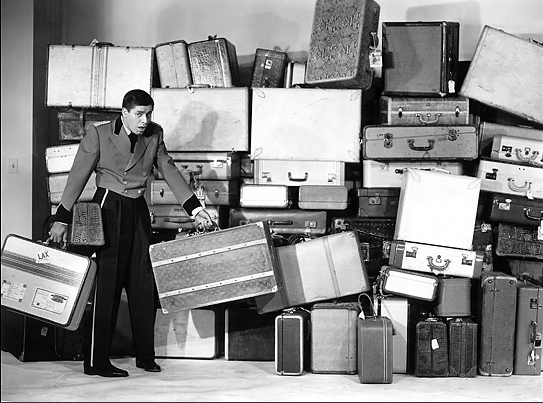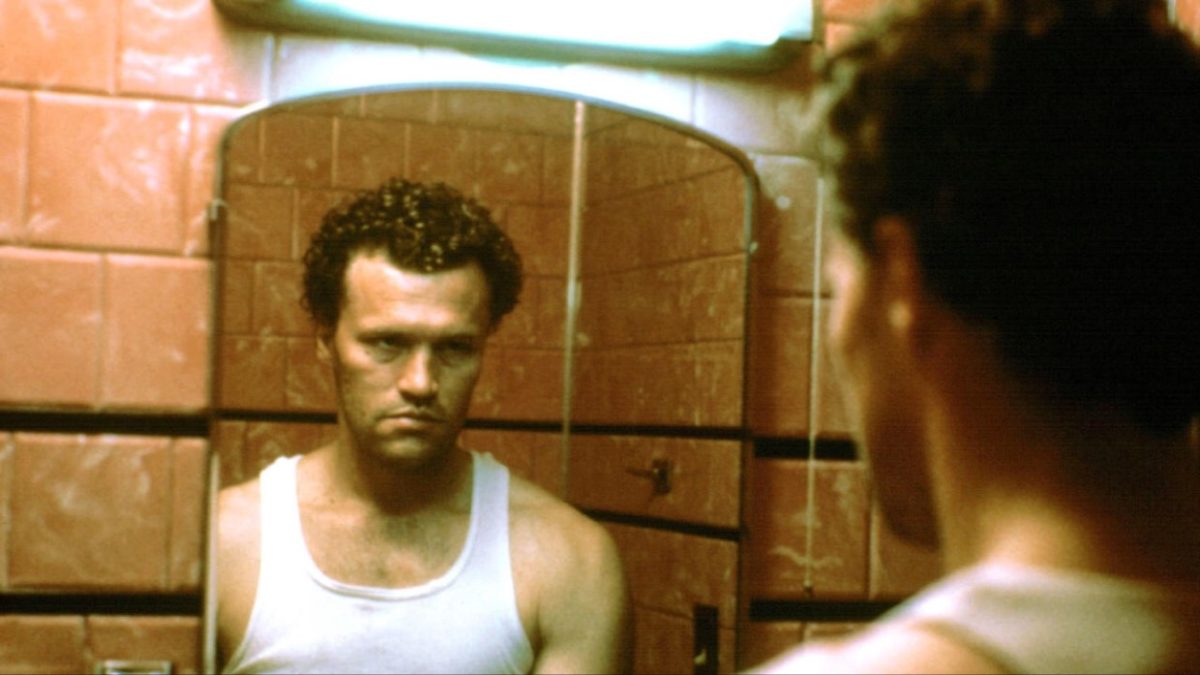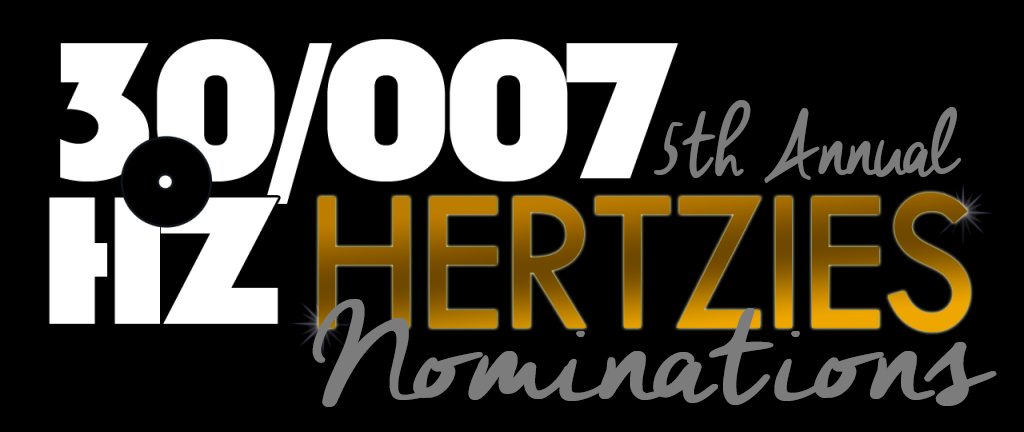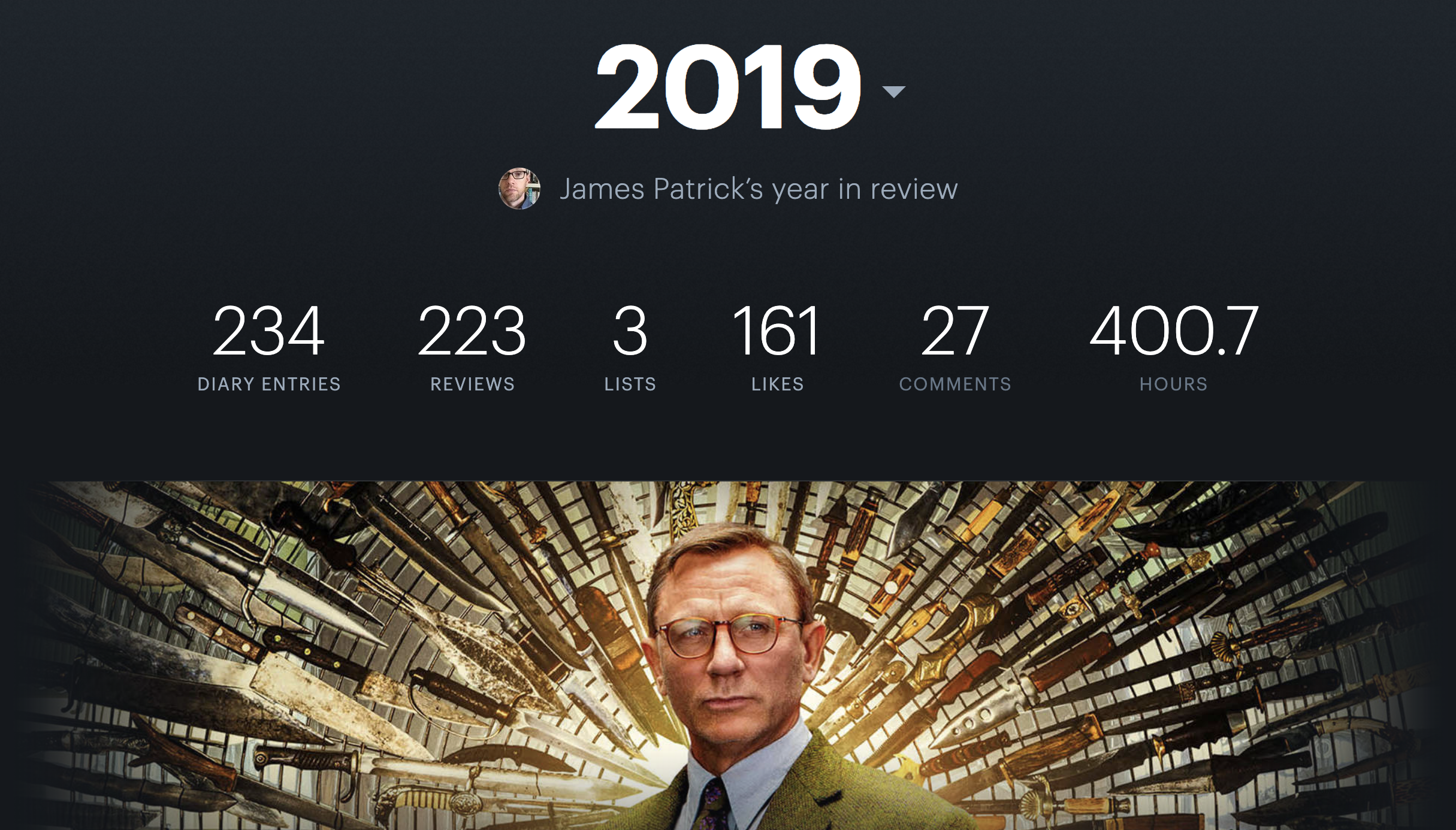 I’m playing a bit of double catch up with this viewing. Technically, I’m playing catch up on a movie I had on my Shame Statement from 2019 and I’m playing catch up because The Bellboy turns 60 this year. That’s a lot of catch up. What do you do with all that catch up? Make hot dogs, probably. But I don’t put ketchup on my hot dog, so the whole thing is moot. Sauerkraut, mustard, relish, onions. These are all acceptable hot dog toppings. Honestly, my feelings about ketchup mirror my feelings about Jerry Lewis. I’m glad they exist, but I can do without both.
I’m playing a bit of double catch up with this viewing. Technically, I’m playing catch up on a movie I had on my Shame Statement from 2019 and I’m playing catch up because The Bellboy turns 60 this year. That’s a lot of catch up. What do you do with all that catch up? Make hot dogs, probably. But I don’t put ketchup on my hot dog, so the whole thing is moot. Sauerkraut, mustard, relish, onions. These are all acceptable hot dog toppings. Honestly, my feelings about ketchup mirror my feelings about Jerry Lewis. I’m glad they exist, but I can do without both.
My prior exposure to Jerry Lewis came with a side of Dean Martin to wash it down. That’s my preferred method of ingestion.
So Jerry Lewis is Always Jerry Lewis Even When He’s Not
The Bellboy makes me actively frustrated — not because I disliked it, but because I would have loved it had most every scene not concluded with a hammy shot of Lewis mugging facial contortions for the camera. His schtick seems to function akin to a sitcom laugh track. In case you missed the joke, here’s a face you can’t overlook. I loved the setting. Fountainbleu Miami Beach, just a few years before James Bond and Auric Goldfinger cross paths in the very same hotel. Photographed by someone named Haskell B. Boggs, the hotel becomes an omnipresent character in Lewis’ farce. The winding staircase (also seen in The Marvelous Mrs. Maisel), the corridors, the ins and outs, the cavernous gathering spaces where Jerry Lewis runs amuck as a bellhop named Stanley (and as a comedian named Jerry Lewis).

I felt the influence of Jacques Tati’s Mr. Hulot through every perfectly calculated movement, every stumble down a step, every gesture, every glance. Jerry Lewis exclamation point face! He’s a meticulous performer, but that’s not an observation. There’s nothing about his performance in The Bellboy that doesn’t feel calculated and choreographed like a Fred Astaire tap number, which makes the moment that he breaks the spell all that much more aggravating. It happens as often as it doesn’t.
Lewis wrote and directed The Bellboy (his debut), and the film’s tone and precision reflects a tightly controlled production. It opens with a studio executive (played by Jack Kruschen in an uncredited role) describing the aimless exploits of a single bellboy. It feels more like a pre-apology to American audiences who wouldn’t have been expecting a plotless comedy featuring sequences of ridiculous situations stacked one on top of the other. I wouldn’t exactly classify them as “blackout gags” in the strictest sense — which I’ve always associated with Rowan & Martin’s Laugh In. Rapid-fire, vaudevillian, abruptly transitioned. Jerry Lewis spends more time developing a visual joke before abruptly moving on to another transitory vignette.

Aside from Tati (and Harpo Marx and a dash of Charlie Chaplin while we’re at it), Lewis creates an obvious through-line to Laurel and Hardy. He’d consulted his friend Stan Laurel about perfecting a kind of silent pantomime and even included a Stan Laurel lookalike character, played by Bill Richmond, who appears randomly throughout the film. Other than causing some amusing asides from the already amusing asides, the visual homage doesn’t contribute a great deal. That speaks to how I felt about most of the film.

The Bellboy Final Verdict
Generally amiable, sometimes obvious, intermittently genius, and inevitably followed by an unwelcome round of mugging, The Bellboy succeeds and irritates in equal amounts. I did, however, cue up another viewing of Four Rooms (1995), a film obviously inspired by in part by The Bellboy. I’m happy I have more Four Rooms context and I’m happy I finally got around to giving Jerry Lewis some more of my time, but I’m just as happy that I finally get to scratch it off my list of Shame.



















